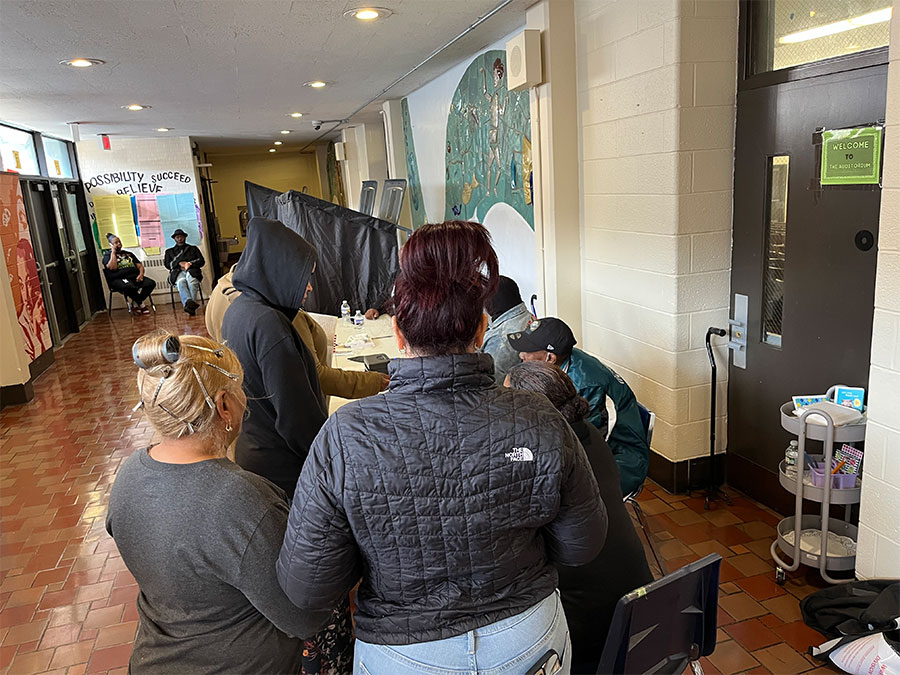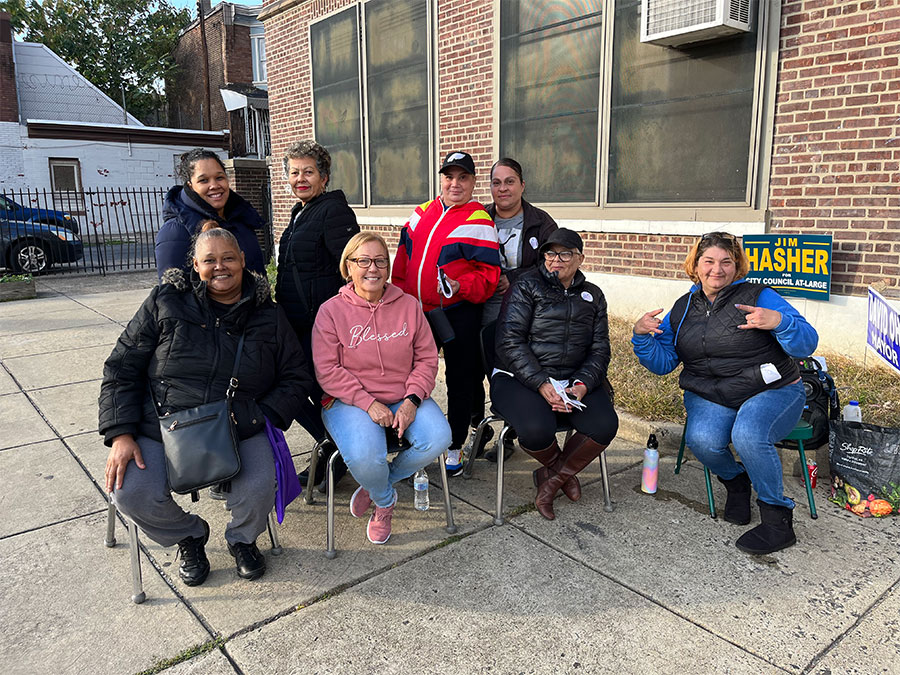The past election in Philadelphia shed light on a concerning issue – the low voter turnout among Hispanic residents. Despite being a significant portion of the population, their voices often go unheard in the electoral process. It is important for political candidates to reach out to the Hispanic community, understand their needs, and encourage civic participation, as well as the Hispanic community to become actively involved in the electoral process.
Underrepresentation
Philadelphia’s Hispanic population is not only substantial but also culturally diverse. Despite this, their political participation has historically been lacking. Many factors contribute to this, including language barriers, a lack of awareness about the electoral system, and the feeling that resources and representation are inadequate in their community.
Connectivity
One of the primary challenges faced by the Hispanic community is connecting with politicians. To address this, candidates must be proactive in reaching out to them, attending community events, and engaging in open dialogues. Understanding the specific needs and concerns of the Hispanic community is vital for building trust and garnering support. From healthcare to education, immigration reform, and job opportunities, political candidates must demonstrate their commitment to addressing these issues.
Only the current Hispanic officials elected, such as councilmember Quetcy Lozada, State representative Danilo Burgos, and Jose Giral, stay connected with their community beyond elections. It’s important that the rest of the politicians do their job coming to the barrio and learning from the residents about their needs, concerns, contributions, and how to come together to build a stronger relationship that benefits both sides to continue the path to stronger, safer, cleaner, and more prosperous neighborhoods across Philadelphia.

Learning about the electoral system
Empowering the Hispanic community with knowledge about the electoral system is crucial. Many Hispanics are not familiar with the intricacies of the election process, which can discourage them from participating. Community organizations, schools, and grassroots initiatives can play a pivotal role in educating residents about the importance of voting and how the electoral system works. This education can help demystify the process and encourage more people to become active participants. In three of the polls in North Philadelphia, there was a team of people, including a clerk, bilingual interpreter, election judge, minor, mayor, machine inspector, and community leader, who made sure the voters received the guide they needed.

Getting involved in the electoral process
Rosemary Caicedo, the owner of Cafe Tinto was surprised not to see more Hispanic people taking the training to become election judges. Caicedo said: «I encourage our community to learn about the electoral system and be active in the process because is the only way we are going to have representation, and the government is going to direct more funds to solve the social disparities and challenges we are facing.»
The low voter turnout among Hispanic residents in Philadelphia during past elections is a reminder of the need for change.
Lili Daliessio is the Community Information Manager at Esperanza Housing and Economic Development.
























